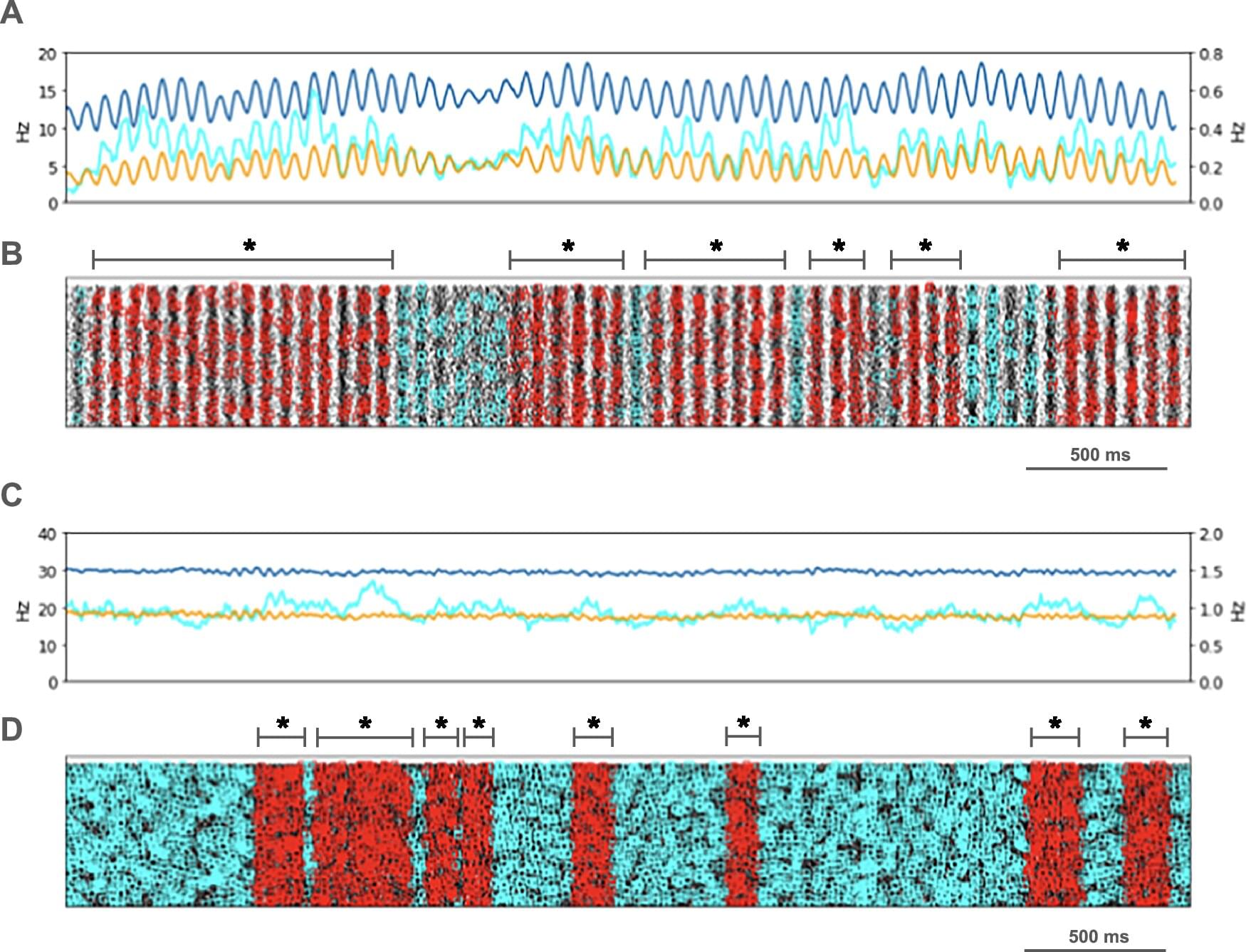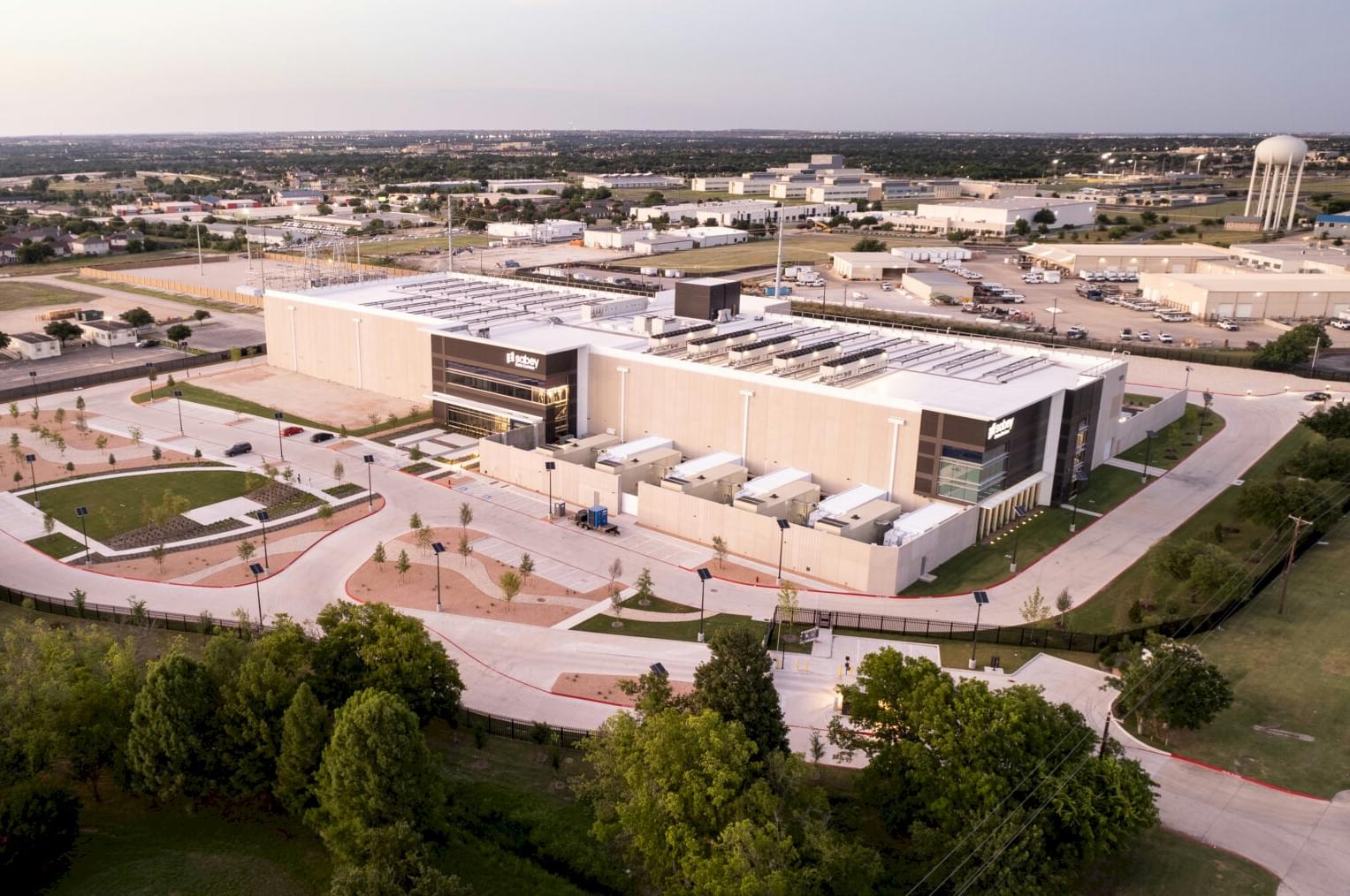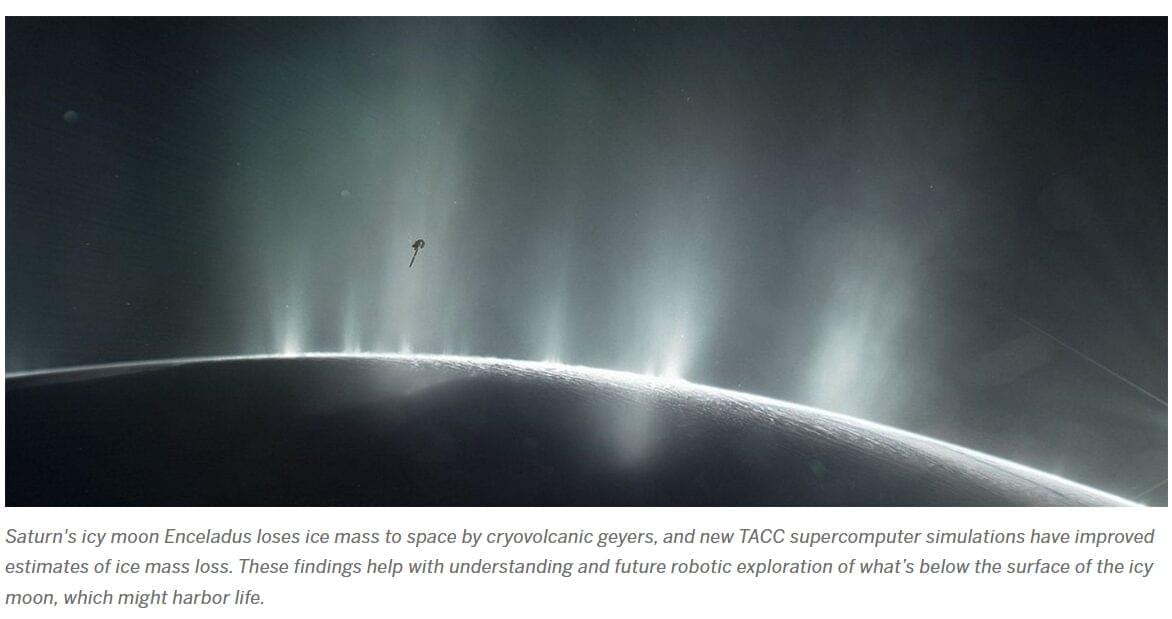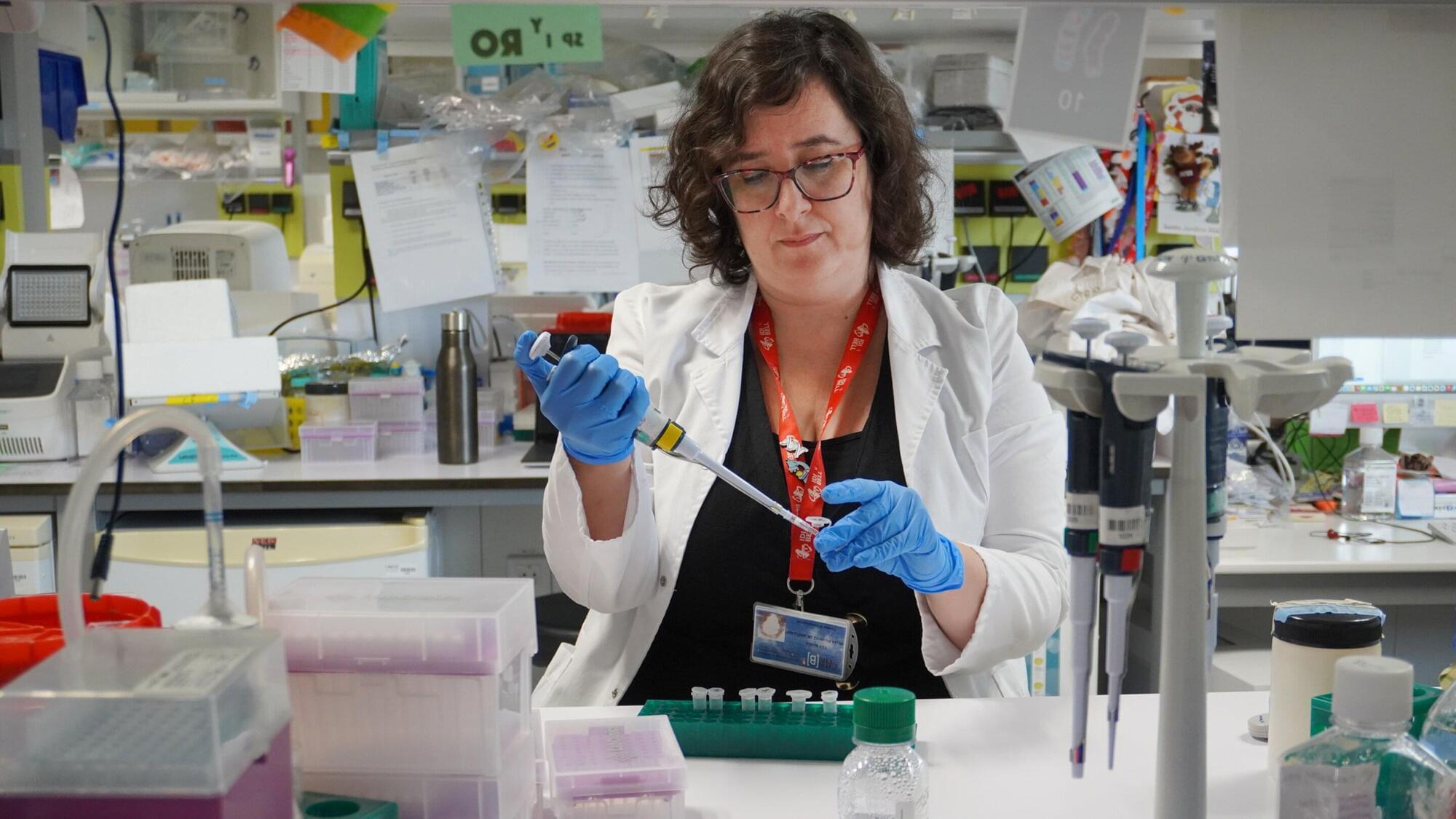This accomplishment breaks the previous record of 48 qubits set by Jülich scientists in 2019 on Japan’s K computer. The new result highlights the extraordinary capabilities of JUPITER and provides a powerful testbed for exploring and validating quantum algorithms.
Simulating quantum computers is essential for advancing future quantum technologies. These simulations let researchers check experimental findings and experiment with new algorithmic approaches long before quantum hardware becomes advanced enough to run them directly. Key examples include the Variational Quantum Eigensolver (VQE), which can analyze molecules and materials, and the Quantum Approximate Optimization Algorithm (QAOA), used to improve decision-making in fields such as logistics, finance, and artificial intelligence.
Recreating a quantum computer on conventional systems is extremely demanding. As the number of qubits grows, the number of possible quantum states rises at an exponential rate. Each added qubit doubles the amount of computing power and memory required.
Although a typical laptop can still simulate around 30 qubits, reaching 50 qubits requires about 2 petabytes of memory, which is roughly two million gigabytes. ‘Only the world’s largest supercomputers currently offer that much,’ says Prof. Kristel Michielsen, Director at the Jülich Supercomputing Centre. ‘This use case illustrates how closely progress in high-performance computing and quantum research are intertwined today.’
The simulation replicates the intricate quantum physics of a real processor in full detail. Every operation – such as applying a quantum gate – affects more than 2 quadrillion complex numerical values, a ‘2’ with 15 zeros. These values must be synchronized across thousands of computing nodes in order to precisely replicate the functioning of a real quantum processor.
The JUPITER supercomputer set a new milestone by simulating 50 qubits. New memory and compression innovations made this breakthrough possible. A team from the Jülich Supercomputing Centre, working with NVIDIA specialists, has achieved a major milestone in quantum research. For the first time, they successfully simulated a universal quantum computer with 50 qubits, using JUPITER, Europe’s first exascale supercomputer, which began operation at Forschungszentrum Jülich in September.







